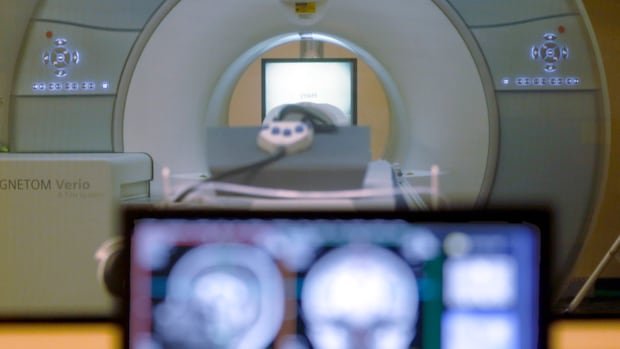An innovative gene therapy developed by a European biotech company appears to have the potential to slow down the progressive nature of Huntington’s disease, according to the company. Huntington’s disease is a hereditary condition that affects the nerves, leading to movement impairment, memory loss, and changes in personality, typically proving fatal within 10 to 20 years of diagnosis.
Researchers are optimistic about the outcomes of a small-scale clinical study conducted by a company targeting the genetic defect responsible for the disease. The principal investigator, Ed Wild from University College London’s Huntington’s disease center, expressed great enthusiasm, describing it as groundbreaking news for the Huntington’s community.
UniQure, based in the Netherlands, revealed initial results from an experimental gene therapy during brain surgery, indicating a 75% slowdown in disease progression over three years for patients receiving the highest dosage. While the trial involved around 30 participants, the treatment did not provide a cure for the disease.
This development signifies a potential breakthrough for a condition that has seen limited advancements since the identification of the defective gene in 1993. Although experts acknowledge unanswered questions and further research requirements, slowing the disease progression, though not a cure, could significantly enhance patients’ quality of life.
Dr. Sarah Tabrizi, the director of the University College London Huntington’s Disease Centre, highlighted the potential benefits of delayed disease advancement, such as prolonged ability to work, enhanced functionality, and increased independence for patients. However, the implications for individuals ineligible for brain surgery to receive the treatment remain uncertain, including those in different stages of Huntington’s disease.
The comprehensive data has not been publicly disclosed or reviewed by independent experts, a process vital for identifying experimental flaws and determining optimal doses and timings. UniQure stated that their primary findings demonstrated a significant deceleration in disease progression, but the lack of accessible data makes it challenging to evaluate the true impact of their announcement.
While some experts remain cautious due to the limited sample size and absence of long-term data, others, like Rachel Harding from the University of Toronto, see the trial results as a hopeful sign for future treatments. The gene therapy treatment, AMT-130, aims to rectify the mutated huntingtin gene by utilizing a modified virus to decrease abnormal protein levels hindering brain neuron functions.
The company plans to present the data to the U.S. Food and Drug Administration for marketing approval in 2026, following a meeting later this year. The surgical procedure, lasting at least 12 hours, involves delivering the gene therapy to precise brain regions using real-time MRI scanning to address the underlying cause of Huntington’s disease.


